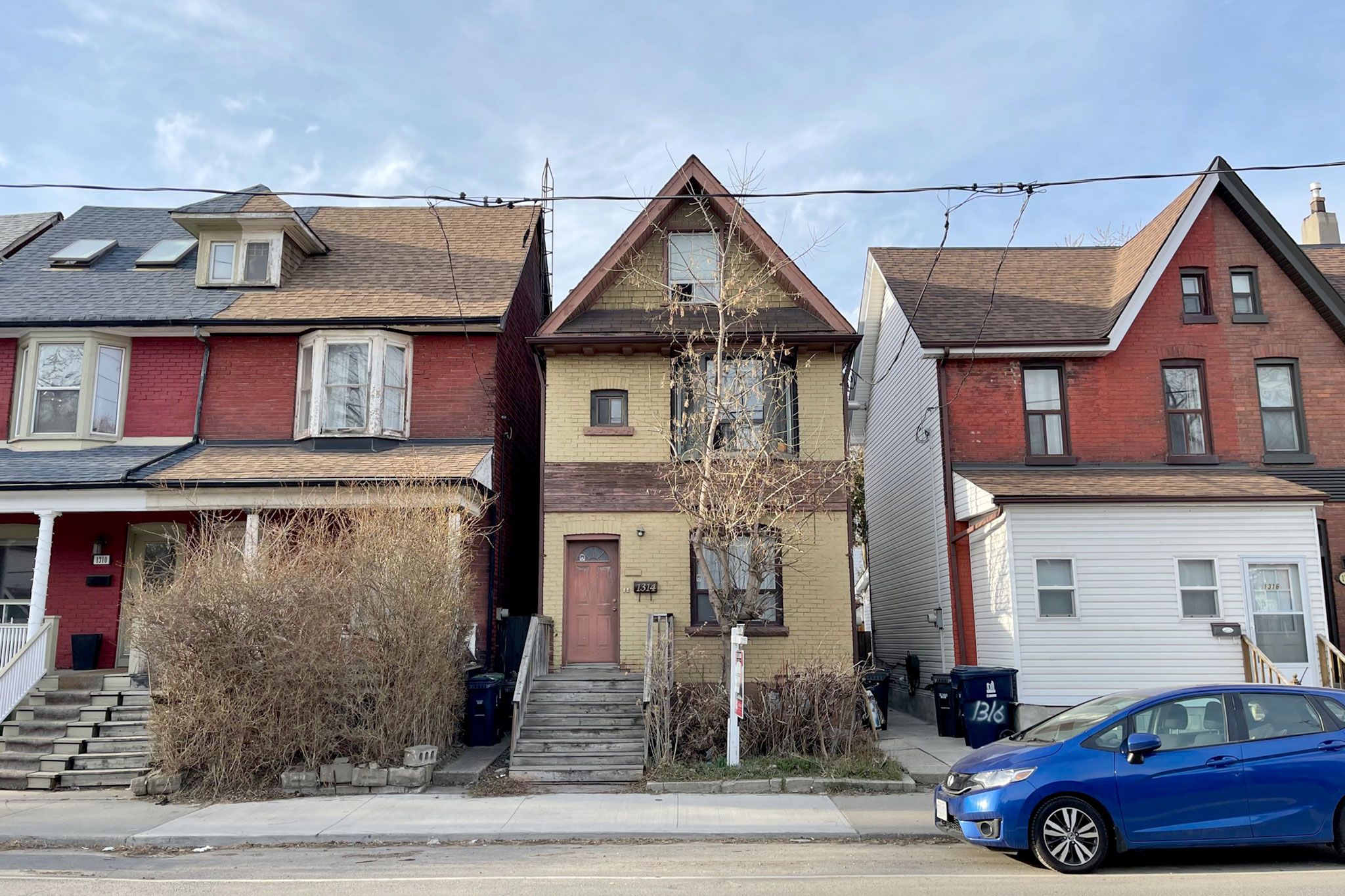
Toronto home prices just skyrocketed to an all-time high
A ballooning real estate market in the Greater Toronto Area (GTA) got another shot of helium in November, breaking records in both the volume of home sales and the average selling price, and making life in the region feel more and more like the later stages of a Monopoly game.
The Toronto Regional Real Estate Board (TRREB) is reporting that GTA home sales spiked to an all-time high for the month of November with 9,017 transactions in the region, a 3.3 per cent jump over Nov. 2020.
JUST RELEASED!#TRREB Calls for Action on Housing Supply Crunch. November saw record home sales for the month of Nov, all-time high average selling price & substantial decrease in new listings for all market segments. TRREB’s latest #MarketWatch Report HERE https://t.co/C029RzusEI pic.twitter.com/fJR3dFLJid
— Toronto Regional Real Estate Board (@TheReal_TRREB) December 3, 2021
But when you combine this surge in demand with the dwindling supply of new homes — new listings plummeting 13.2 per cent year-over-year — the rules of supply and demand kick in and home prices rise higher.
And that's exactly what the region got in November, the average selling price for all home types GTA-wide combined growing by a shocking 21.7 per cent compared to November 2020, reaching an outrageously unaffordable $1,163,323.
Within Toronto, the average selling price climbed to $1,096,736 from the $979,460 average recorded in Nov. 2020.
TRREB Chief Market Analyst Jason Mercer points specifically to the tightening condo market in suburban areas as a sign of a "broadening of economic recovery, with first-time buyers moving back into the market in a big way this year."
As usual, TRREB and other industry experts have been vocal in their stance that runaway housing prices can be solved by drastically increasing the housing supply.
TRREB President Kevin Crigger puts pressure on all levels of government to "take coordinated action to increase supply in the immediate term to begin addressing the supply challenges of today, and to work towards satisfying growing demand in the future."
Crigger criticizes governments for focusing on what he describes as "short-term bandaid policies to artificially suppress demand," instead pushing for moves to “cut red tape, streamline the approval processes, and incentivize mid-density housing."
blogTO
Latest Videos
Latest Videos
Join the conversation Load comments







